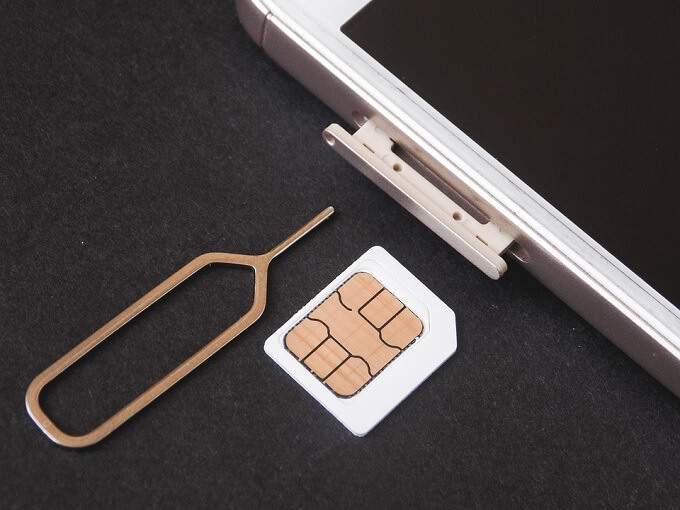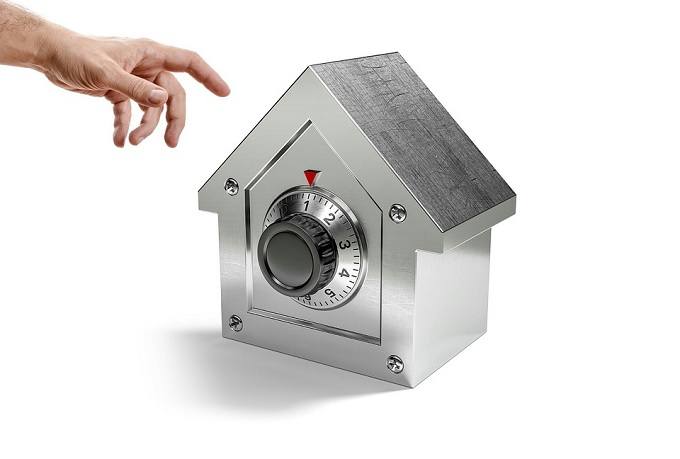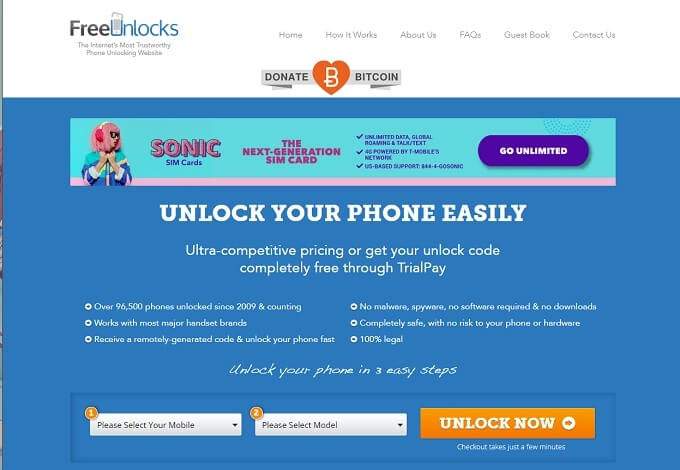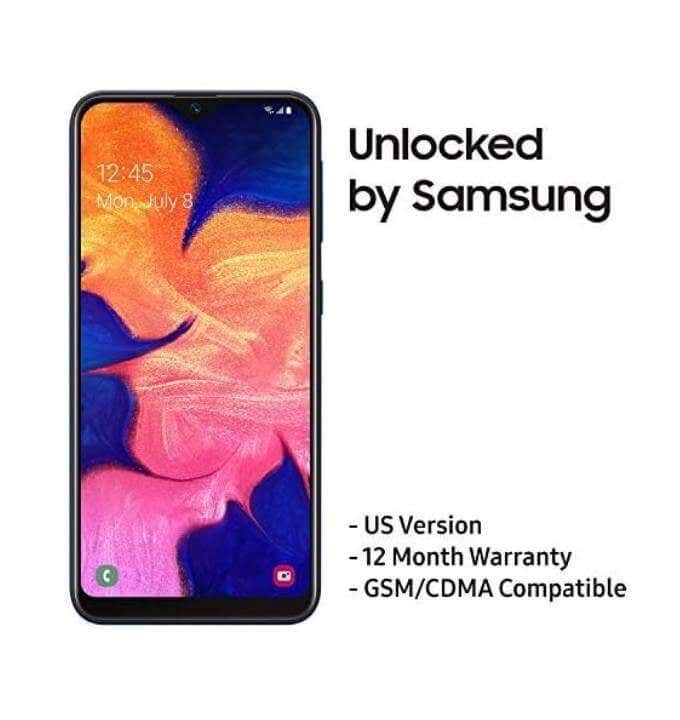That means if you try to switch to a different network provider, your phone simply can’t make calls or use data services. The good news is that you can usually unlock these phones by simply using an unlock phone code. We’ll be covering these unlock codes, how you can get yours for free, and how to unlock a phone. But first there are some important things you should know.
Is Unlocking Your Phone Legal?
As always, when it comes to legal issues, it’s up to you to determine if something is legal where you live. Each country will have its own consumer laws that govern things like unlocking your phone. In the United States, you are entitled to an unlock, as long as your handset has been paid off completely or you’ve paid the termination fee on your contract. In other words, if you own your handset outright, it’s legal for you to unlock your phone. Which is where unlock codes come into the picture. Well, perhaps not immediately.
You Might Not Need a Code
Instead of trying to get a code yourself and unlocking your phone independently, it’s a good idea to first get the carrier on the line and ask them to unlock the handset for you or guide you through the process. This is a good method, because they can confirm whether you are legally eligible for an unlock. If you are eligible, in the USA at least, carriers are obliged to unlock your handset for free. So go ahead and give them a call. To make things a little easier for you, here are the direct links for unlock eligibility checks for the four major US carriers:
AT&TSprintT-MobileVerizon
These should be your first stop on the journey to unlocked phone freedom.
Unlock Codes Usually Cost Money, But Free Codes Exist!
If, for some reason, getting help directly from the carrier isn’t possible, you’ll need an unlock code.This could be because you’ve bought the handset used or perhaps have moved to another country. Regardless of why you need to unlock a phone, most of the online providers of codes want a little money from you for the privilege. Once again, in the USA carriers are obligated to unlock the phones of eligible handsets, so please do speak to them first. One popular site is FreeUnlocks, which offers the first code free through a partnership with TrialPay. Sadly, all of the other options we looked at only offer a paid service or so-called free options turned out to be scams or spam. So, for now, FreeUnlocks and asking your carrier seem to be the only good free options. However, if you are willing to pay a bit of money, sites like UnlockRadar, Unlock Arena and Dr SIM do offer a risk-free service.
The Limitations Of Unlocking
There’s some confusion among some users when it comes to terms such as “unlocking”, “rooting”, “jailbreaking” and other terms that relate to modifying a phone so that it does things it can’t do out of the box. “Unlocking” your phone simply means it can now work with any carrier on a compatible network. It does not mean that it will work with any carrier on any network. If your phone doesn’t have the hardware to communicate with a specific network, no amount of software settings and tweaks will change that. “Rooting” your phone means getting root access to that phone, so that you can do pretty much whatever you want with it. Such as loading your own version of Android on it and getting rid of carrier bloatware. The term “rooting” is only used in relation to Android phones. You can read more about rooting in our article on the subject. “Jailbreaking” is a term used for Apple devices and differs somewhat from rooting. When you get root access in Android, you are opening up the full native powers of the device. When you jailbreak an iOS device, you remove restrictions that were never meant to be taken away. This lets users run software or modify the iOS experience in ways that Apple certainly does not approve of. In other words, when you unlock your phone, you aren’t going to get any of the benefits of rooting or jailbreaking. These are separate processes with serious risks to security or even your device, if things go wrong.
How To Unlock a Phone With a Code
There is no universal method to enter an unlock code once you have it. The exact process will differ depending on the make and model of the phone you have. Which means that, if you don’t receive instructions with your code, you should Google your phone model and the unlock code procedure. As an example, let’s look at Apple and Samsung devices. Apple devices are unlocked remotely by your carrier and there’s no code. So all you have to do is wait for the email or other message confirming that your handset has been unlocked. Then, after inserting a new SIM, you’ll go through the normal Apple setup process for iCloud and your Apple ID. On a Samsung device, you only need the code itself. When you insert a SIM from a carrier outside the one your phone is locked to, you’ll be prompted for an unlock code. Just type it in and off you go.
Consider Buying Unlocked Handsets
While most people who buy locked handsets are motivated by a great deal (or simply don’t know any better) you should seriously consider buying an unlocked handset right off the bat the next time you get a new phone. This does mean having to pay the entire price of the handset upfront, but it does give you the freedom to change your carrier immediately or have concurrent plans with different carriers. If you also buy a dual-sim phone, you can have one SIM dedicated to a carrier with great voice tariffs and another with cheap data, as one example. It also means you can more easily adapt to varying levels of coverage if you travel often. If you’re travelling overseas, you can even temporarily use the SIM card of a compatible network provider in the country you’re visiting, without paying astronomical roaming fees to your local carrier. It might seem like a worse deal compared to a contract, and it might be! However, compare the total cost of the carrier contract against the total cost of buying a handset outright and then using a prepaid voice and data plan. In many cases you might find over the course of a contract’s length you could save money by going the unlocked route.





